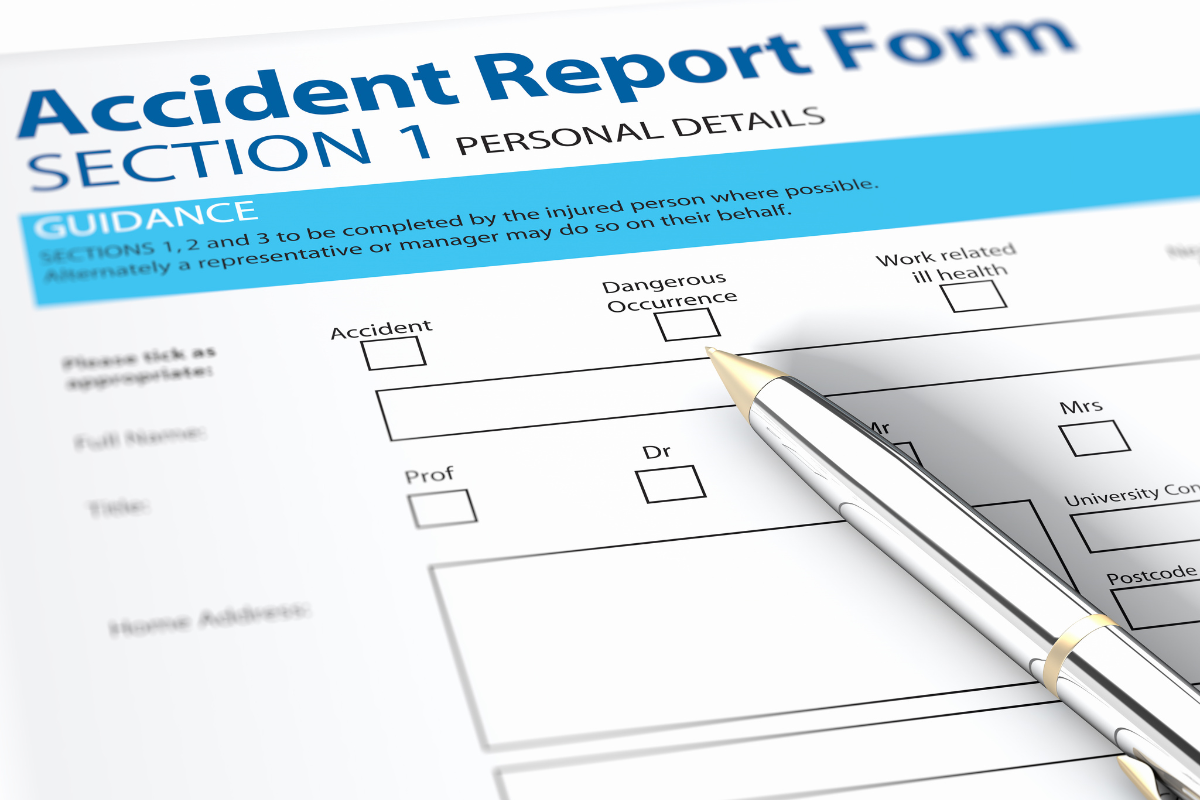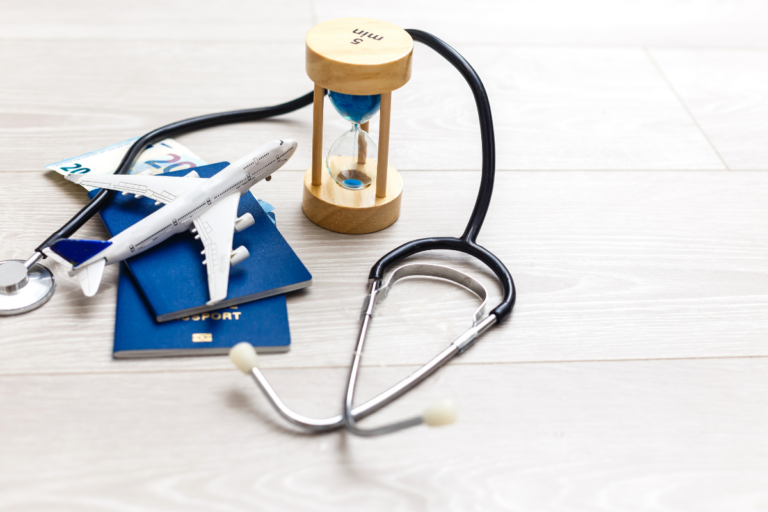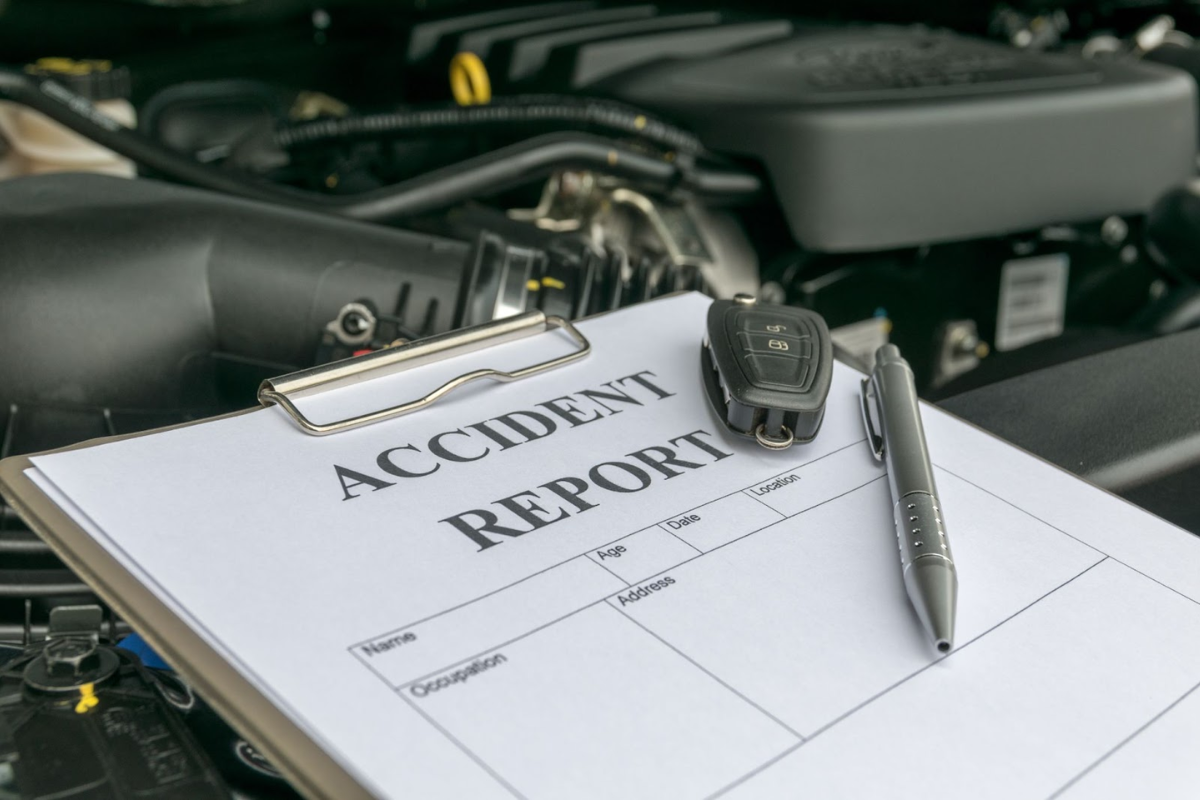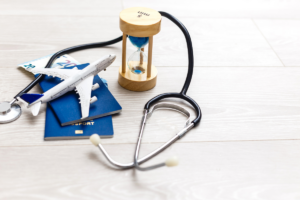You’ve just experienced an accident in Washington, and you’re feeling overwhelmed. Don’t worry, we’ve got you covered.
This guide will help you navigate through the legalities, from understanding WA’s traffic laws, reporting the accident, dealing with insurance claims, to hiring a personal injury lawyer.
We’ll also guide you through court proceedings and the compensation process.
Let’s get you on the right track.
Post Contents
Understanding Washington Traffic Laws
In understanding Washington traffic laws, you’ll need to grasp key regulations that directly impact your behavior on the road.
It’s essential to comprehend how traffic fines work, as they aren’t merely financial penalties but a tool to ensure road safety.
Firstly, you should know that traffic fines vary depending on the severity of the offense. Speeding, for instance, attracts different fines depending on how much over the limit you were driving.
Other offenses, such as drink-driving, carry heavy penalties, including hefty fines, loss of driving privileges, and even imprisonment in severe cases.
Road safety is paramount in Washington traffic laws. The purpose of these laws and the associated fines is to deter risky behaviors and promote safe driving habits.
This includes adhering to speed limits, wearing seat belts, not using mobile phones while driving, and observing parking regulations.
In essence, understanding and obeying these laws not only keeps you from incurring fines but also contributes to a safer road environment for everyone.
Remember, it’s not just about avoiding penalties; it’s about ensuring your safety and that of other road users.

Reporting The Accident: Essential Steps
After you’ve been involved in an accident, it’s crucial to promptly report it to the authorities, setting in motion the necessary legal steps.
This initial police interaction isn’t just a requirement but also an opportunity to gather vital information for any potential legal or insurance proceedings.
The first step is to ensure everyone’s safety and then contact the police. Even if the accident seems minor, it’s still important to have an official record.
Provide a clear, concise account of the incident, avoiding speculation or assigning blame. Your job is to state facts, not conclusions.
During this process, evidence collection plays a crucial role. Photos of the accident scene, injuries, and any property damage can be invaluable.
If there are witnesses, try to get their contact details. All this information can help substantiate your account of the accident.
The police will likely issue a report number. Keep it safe as you’ll need it when dealing with insurance companies or if a legal dispute arises.
Remember, your diligence in reporting the accident sets the stage for the next crucial phase of the process.
Now, let’s move on to understanding how to manage insurance claims in WA.
Managing Insurance Claims In WA
When you’re faced with filing an insurance claim in WA, it’s crucial to understand the process to ensure you’re adequately compensated for your losses.
Here is a 4-step guide to help you navigate through this complex process:
Claim Documentation
Begin by gathering all necessary paperwork related to your accident. This includes medical records, police reports, witness statements, and any photographs or videos that may support your claim.
It’s essential to be thorough in this step, as every piece of evidence can significantly impact the outcome of your claim.
Insurance Notification
Notify your insurance company as soon as possible about the accident. Provide them with all the details and let them know that you intend to file a claim.
Claim Submission
Submit your claim along with all your supporting documentation. Ensure that you’re clear and concise in describing the incident and your losses.
Insurance Negotiation
If your insurance company disputes your claim, it’s time to negotiate. Be prepared to defend your claim and provide any additional evidence if necessary. If you’re unsure about this step, consider seeking help from a legal professional.
Hiring A Personal Injury Lawyer
Despite the challenges you might face in handling your own claim, hiring a personal injury lawyer can greatly simplify the process and increase your chances of receiving adequate compensation.

If you find yourself in need of legal assistance, it’s essential to contact a Washington car accident lawyer who understands the intricacies of WA accident laws.
Take your time to research and consult with several attorneys to find someone who’s not just competent but also empathetic to your situation..
When it comes to lawyer selection, don’t rush. Take your time to research and consult with several attorneys.
Look for those with a solid track record in personal injury cases and who exhibit a clear understanding of WA accident laws. Find someone who’s not just competent, but also empathetic to your situation.
Equally essential is understanding fee structures. Most personal injury lawyers operate on a contingency fee basis, meaning they’ll only get paid if they win your case.
Their payment usually comes as a percentage of your settlement or award. However, some may charge hourly rates or flat fees. Make sure you’re clear on this aspect before signing any agreement.
Dealing With Court Proceedings
In dealing with court proceedings, you’ll find that understanding the process can ease your stress and help you prepare more effectively.
It’s essential to follow courtroom etiquette and know how to present your evidence. Here’s a brief guide to help you navigate:
- Preparation: Prior to the trial, gather and organize all relevant documents. Your attorney can guide you through this process, ensuring that all essential evidence is ready for presentation.
- Courtroom Etiquette: Follow all court rules. Dress appropriately, speak respectfully, and listen attentively. Your behavior in court can influence the outcome of your case.
- Evidence Presentation: Present your evidence clearly and succinctly. Your lawyer will assist in this, framing your case in a way that highlights the validity of your claim.
- Testimony: If called to testify, be honest and direct. Stick to the facts and avoid getting emotional. Your credibility is crucial.
Remember, understanding the process can help you feel more in control and less overwhelmed.
Now equipped with knowledge about court proceedings, let’s transition into the subsequent section – ‘compensation and settlement process’.
Compensation and Settlement Process
After navigating the complexities of court proceedings, you’ll now need to understand the compensation and settlement process, which plays a crucial role in determining what you stand to receive following your WA accident.
The compensation calculation is usually based on a variety of factors, including medical bills, lost wages, property damage, and even intangible losses like pain and suffering.
The first step is to gather all relevant documentation and evidence to substantiate your claims.
This might include medical records, receipts, wage slips, and any photos or witness statements from the scene of the accident.
Once you’ve compiled your evidence, the settlement negotiation process begins. This is where you or your lawyer will converse with the at-fault party’s insurance company to arrive at an agreeable sum.
It’s essential to remember that initial offers are often low, so don’t be afraid to negotiate.
If negotiations fail, the case may go to trial. However, most accident claims are settled out of court.
It’s worth noting that once you accept a settlement, you won’t be able to pursue additional compensation later, so it’s crucial to ensure the amount adequately covers your current and future losses.






























